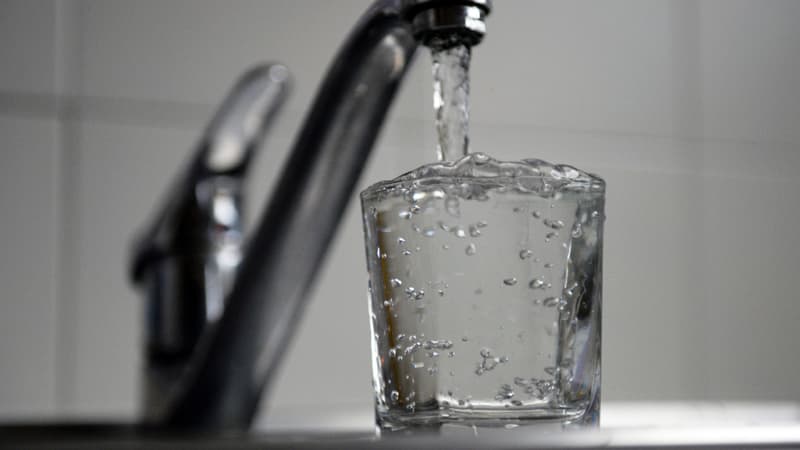Currently, the water is not suitable for consumption in Cahors (Lot). In question, the heavy rains that fell on the city and that caused a phenomenon of turbidity. Therefore, the city informed its inhabitants that the water distributed by the Grand Cahors water utility must not be consumed.
Cahors follows the recommendations of the ARS (Regional Health Agency), transmitted by the office and actu.fr: therefore, water should not be used for drinking or preparing food. Boiled, it can be eaten. Other domestic uses are still possible.
An organized distribution of bottled water.
Due to this restriction, the city has organized a distribution of bottled water this Saturday from 5:00 p.m. to 7:00 p.m., as well as tomorrow from 10:30 a.m. to 12:30 p.m. and from 4:30 p.m. to 7:00 p.m., in various areas of the city. Distribution is limited to 3 bottles per day for a four person household.
As for the 1,150 households in the city supplied by other water distribution unions, the city invites Cadurcians to approach their union: SESEL (Saint-Cirice, les Ramonets, La Marchande, etc.), Francoulès (Saint- Henri) and Quercy Blanc (Lacapelle, La Rosiere).
The municipal services are mobilized and will inform the population of any evolution of the situation. This Monday, March 13, 2023, a new communication will be made.
A situation that is unprecedented
This situation has already happened in other regions of France. In December 2022, around 4,400 inhabitants could not drink tap water in Seine-Maritime. In question, here too: heavy rains that had washed particles of clay and silt into the groundwater. “This phenomenon may be associated with a risk of microbial contamination,” explained the Normandy ARS at the time.
In the Var, also in December 2022, the inhabitants of three municipalities of the Pays de Fayence (Tourrettes, Fayence and Seillans) were also unable to use tap water due to a high level of turbidity.
Source: BFM TV


